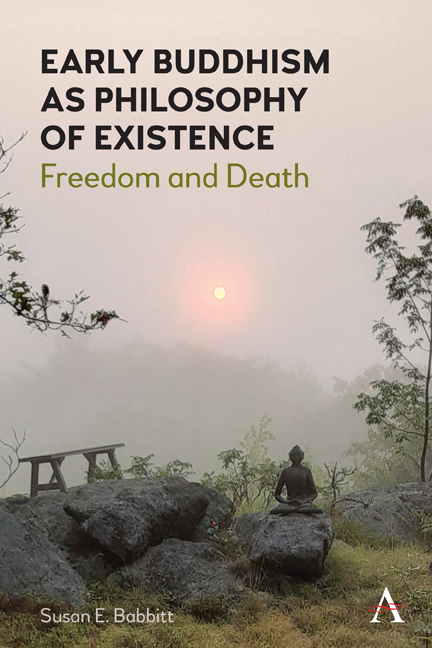2 - The Art of Dying is the Art of Living: Rationality
Published online by Cambridge University Press: 15 September 2022
Summary
In the 1980s, Ivan Illich declared, ‘To hell with life’. He was referring to an idea that denies death or, when referring to death, sets it apart from life, in opposition. Death has been banished and ‘life is an idol’: We expect life without death, suffering, decay, loss or disruption.
But thinking of life as idol brings misery.
Misery resulting from anger, resentment and envy affects others. And how we think has other consequences, and Illich identified one. When we deny death, we don't think well. We expect intellectual development through the amassing of propositional knowledge, by which is meant sentences that can be true or false. It is a view, mentioned in the last chapter, which the Cuban philosopher, José Martí, named as a bigger barrier to Latin American independence than United States power.
It ignores the well-known insight, expressed by Proust, that ‘we should never succeed in identifying objects if we did not bring some process of reasoning to bear on them.’ That process of reasoning includes beliefs about who we are. It makes certain people invisible, as discussed last chapter. If we expect death as part of life, we think better because we are more open to contingencies.
We are more capable of finding new truths, giving them importance, and indeed living them.
Illich argues that ‘life as idol’ arose in Europe. It is well known that Western culture denies death but Illich argues that such denial informs a view of knowledge. His argument is consistent with Theravada Buddhism and with Marx, especially as argued by Lenin, whose views on knowledge were taken up by anti-imperialist intellectuals in the South. This is explained in the next chapter.
I make these connections, as already mentioned, to acknowledge a larger philosophy. It includes a view of rationality, which contradicts what is commonly assumed. The larger philosophy, argued in this book, is human beings as part of nature, subject to cause and effect, in mind and body. It is a sensible view and has been recognized as such throughout history. A relatively small group came up with the view of human beings facing an ‘epistemological abyss’, a popular view – philosophical liberalism.
- Type
- Chapter
- Information
- Early Buddhism as Philosophy of ExistenceFreedom and Death, pp. 33 - 56Publisher: Anthem PressPrint publication year: 2022



